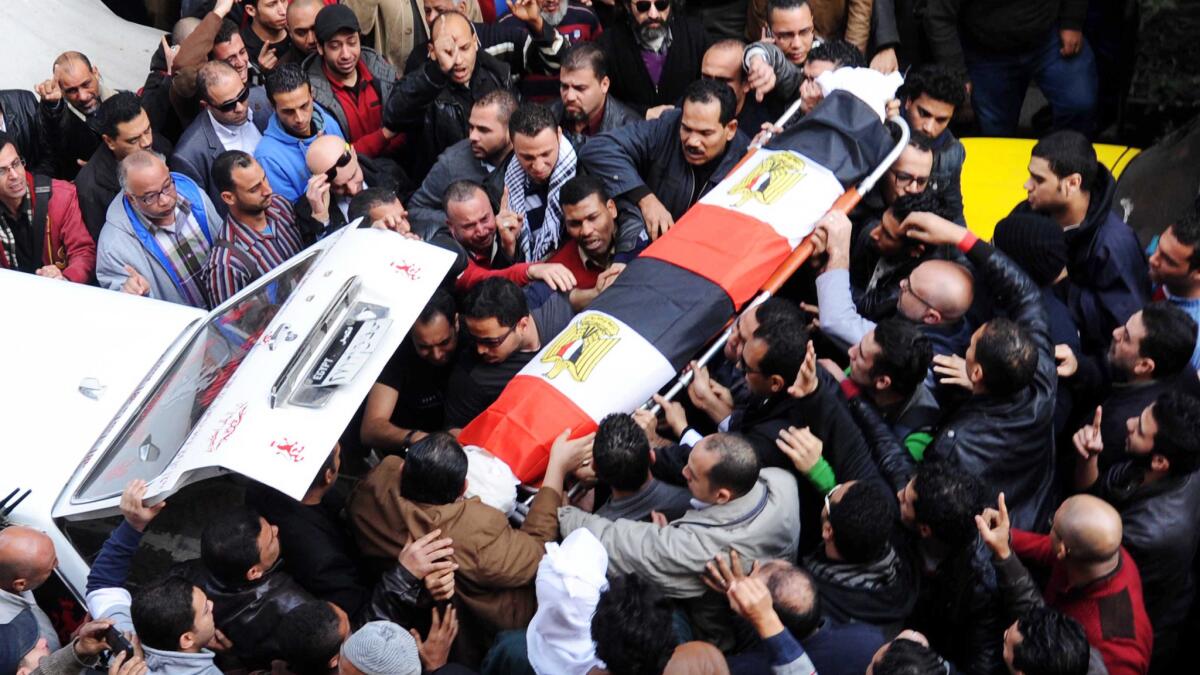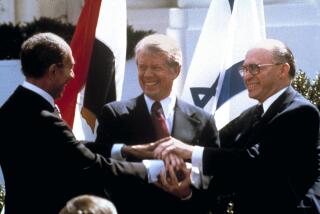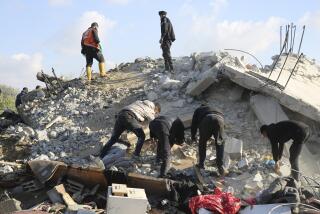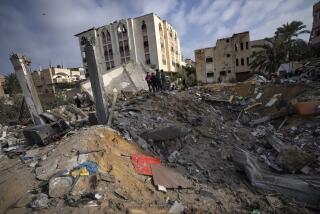Clashes over Arab Spring anniversary leave 18 dead in Egypt

Demonstrations marking the anniversary of Egypt’s 2011 uprising were marred by bombings and clashes with authorities that saw at least 18 people killed and 50 injured, most of them in northern sections of Cairo.
The deadliest violence Sunday took place in the Matariya district, where Islamist dissidents are abundant and often lock horns with security forces. Ten died in fierce clashes between anti-government crowds and security forces in the restive district, according to the Health Ministry.
Three people died elsewhere in Cairo, including two police cadets killed in a bombing. There were also causalities in Giza, in the Mediterranean city of Alexandria and in a village west of Nile Delta where two people were killed in one of many reported bombings.
Egypt has been hit by a series of bomb attacks since the ouster of President Mohamed Morsi. Also, loyalists of the now-imprisoned Islamist leader have been staging protests against his removal ever since, often leading to deadly clashes with security personnel.
With similar dynamics, last year’s third anniversary of the uprising, part of what became known as the Arab Spring, led to 64 deaths.
No detailed medical report on how Sunday’s victims were killed has yet been issued, but firearms were reportedly used during the melee.
The Jan. 25 Revolution, as it is called, put an end to the longstanding rule of President Hosni Mubarak in 2011. Morsi was elected as his predecessor in July 2012, only to also be toppled a year later after mass protests against him and the Muslim Brotherhood, the group with which he had been affiliated.
With the government of current President Abdel Fattah Sisi cracking down on dissent, there were few calls for demonstrations, other than from supporters of Morsi and the Muslim Brotherhood, until the eve of the anniversary.
However, a fatal shooting Saturday near Tahrir Square, the focal point of the 2011 uprising, provoked widespread anger across the Egyptian political spectrum hours ahead of the anniversary.
Shaimaa El-Sabagh, a leading member of the Socialist Popular Alliance Party, was gunned down in central Cairo when the police dispersed a small march heading to Tahrir Square.
While the Interior Ministry denied that a member of law enforcement shot her, many witnesses insisted that she had been shot by a police officer. Her party accused the police of “premeditated murder” after photos and videos of the bleeding victim were widely circulated on social media.
There was a number of protest marches across the country against incumbent president Abdel Fattah Sisi, who is believed to have played a major role in toppling Morsi. An undetermined number of protesters were arrested under a law passed in 2013 that requires demonstrations to be approved by the police.
Egypt’s government canceled planned celebrations to commemorate the uprising anniversary, ostensibly out of respect for Saudi King Abdullah, who died in the early hours of Friday. Similarly, the Interior Ministry called off celebrations of Police Day, also on Sunday, for the same reason.
Tarek is a special correspondent
More to Read
Start your day right
Sign up for Essential California for news, features and recommendations from the L.A. Times and beyond in your inbox six days a week.
You may occasionally receive promotional content from the Los Angeles Times.






